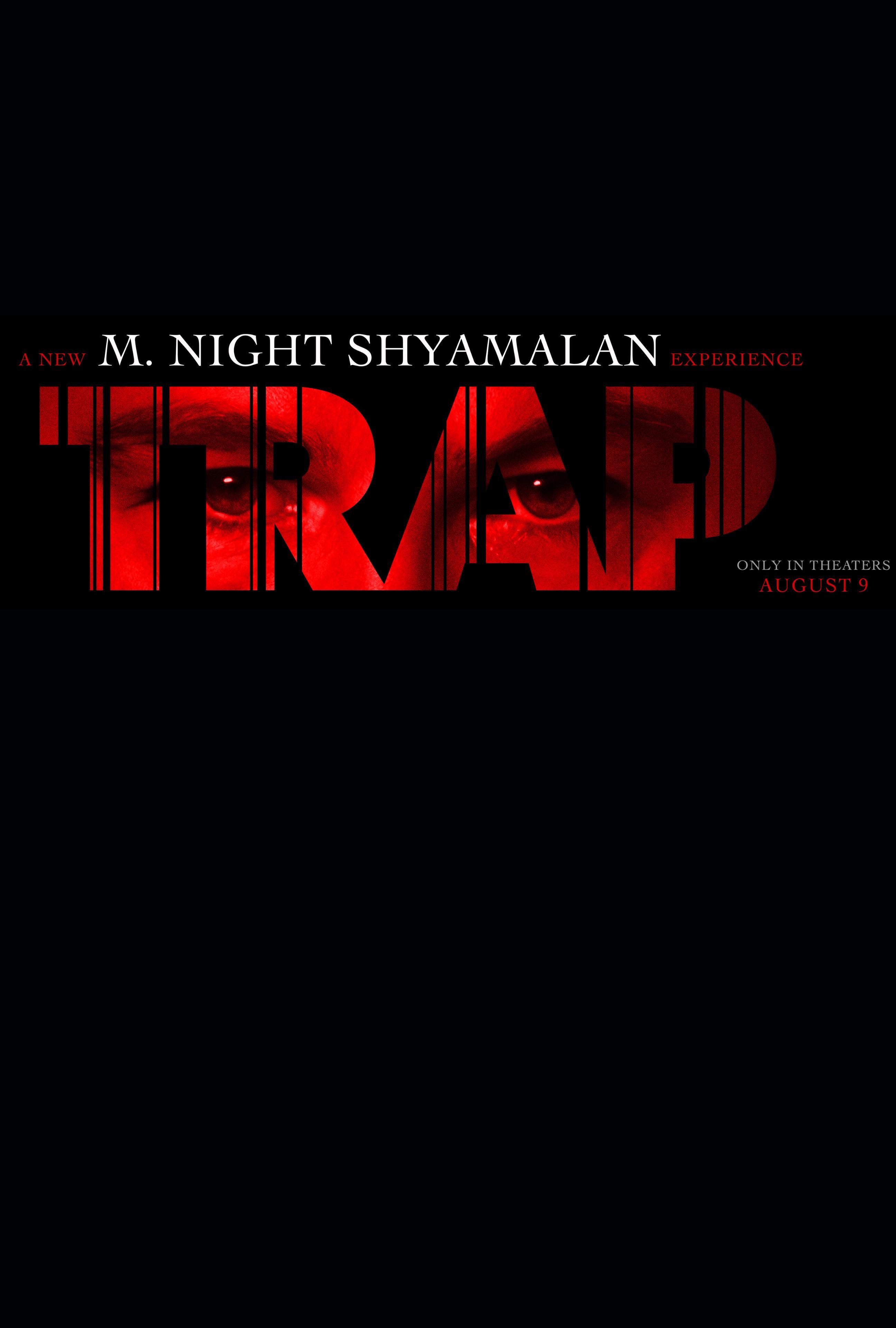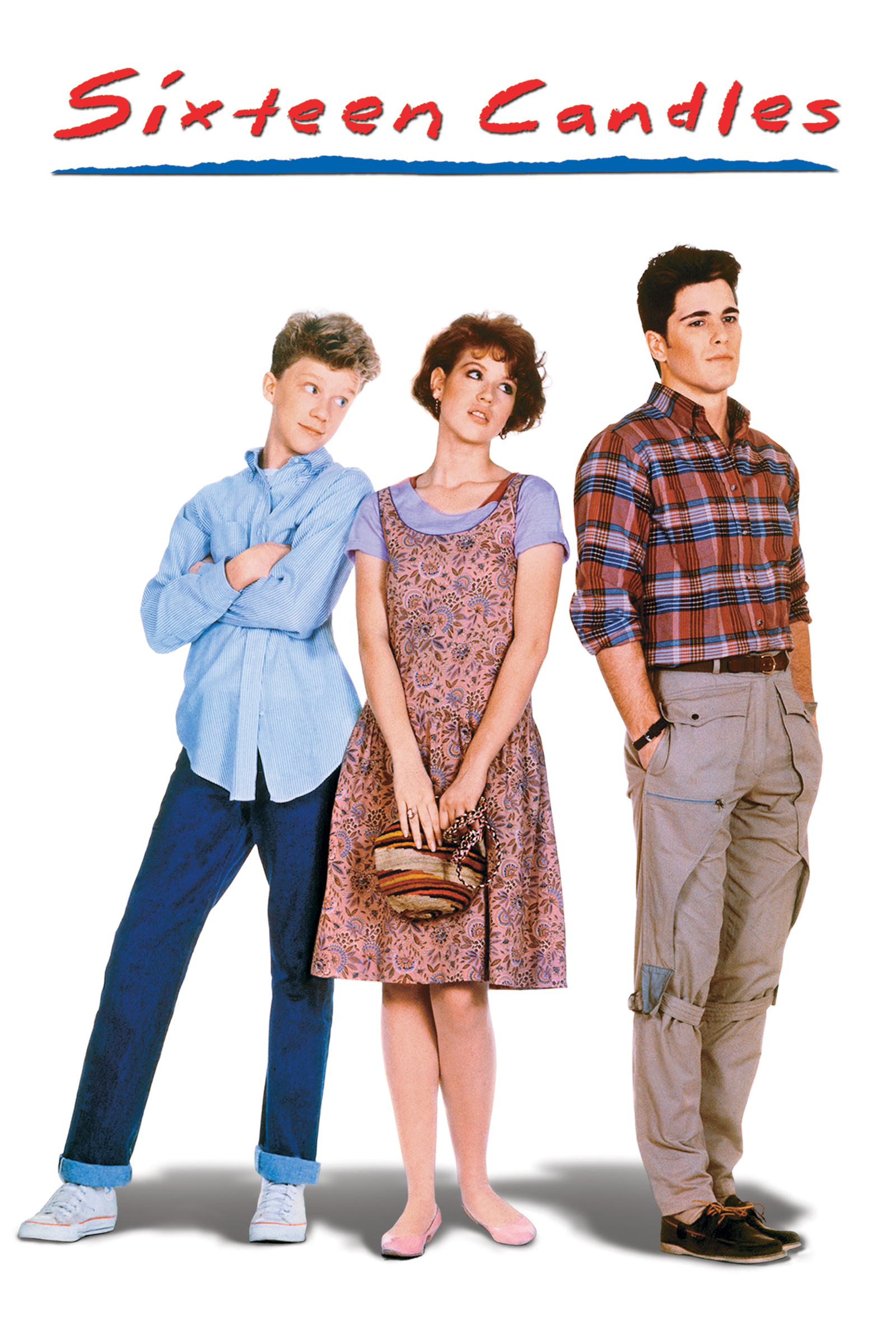Threads: A Chilling Return to a Classic Film
The 1984 BBC film "Threads" is making headlines once again as it celebrates its 40th anniversary. This harrowing drama, which depicts the catastrophic aftermath of a nuclear attack on the UK, is set to air on BBC Four tonight at 10:15 PM. The film has been described as one of the most terrifying pieces of television ever produced, leaving a lasting impact on viewers who experienced it during the height of the Cold War.
A Terrifying Legacy
"Threads" is often referred to as a pseudo-documentary, blending elements of drama and public information film to convey its chilling narrative. The film follows the lives of two families in Sheffield as they navigate the chaos and devastation following a nuclear strike. Its realistic portrayal of the consequences of nuclear war has left many viewers traumatized, with some stating they are still haunted by its imagery decades later.
Nick Duerden, writing for the i news site, reflected on his experience watching "Threads" as a teenager, stating, "I'm still traumatized." The film's impact was so profound that it sparked conversations about the potential realities of nuclear conflict, making it a significant cultural artifact of its time.
Critical Reception and Cultural Impact
The film's return to television has reignited discussions about its relevance in today's world. Critics have praised its unflinching depiction of nuclear war, with many noting that it remains a must-watch for new generations. The Director Mick Jackson has spoken about the film's legacy, emphasizing its role in shaping public perception of nuclear warfare and its consequences.
In an article from The Spectator, the film is described as "still the most terrifying film ever made," highlighting its ability to evoke fear and provoke thought about the fragility of human existence in the face of global conflict. The film's chilling narrative and stark realism have made it a touchstone for discussions about nuclear policy and the ethics of war.
Viewer Reactions
As the film prepares to air, social media is abuzz with anticipation and trepidation. Many viewers have expressed their reluctance to watch it again, citing its depressing and miserable nature. The film's ability to evoke such strong emotional responses speaks to its power and the effectiveness of its storytelling.
In a recent article from OK! Magazine, viewers shared their concerns about the film's return, with some stating they were left unable to sleep after their initial viewing. The film's graphic portrayal of the aftermath of a nuclear attack is not for the faint of heart, and its return to screens is sure to stir up a mix of nostalgia and dread.
Historical Context
"Threads" was released during a time of heightened tension between the Soviet Union and the West. The film's narrative reflects the anxieties of the era, capturing the fears of a generation that lived under the shadow of potential nuclear annihilation. Its depiction of societal collapse and the breakdown of civilization resonates even today, as discussions about nuclear weapons and global security continue to dominate headlines.
The film's setting in Sheffield adds a layer of authenticity, as it showcases the impact of such a disaster on a specific community. This localized approach allows viewers to connect with the characters on a personal level, making the horror of the situation all the more palpable.
As "Threads" airs once more, it serves as a stark reminder of the potential consequences of nuclear conflict. Its legacy as a cultural touchstone continues to resonate, prompting discussions about the ethics of war and the importance of peace. For those who dare to watch, it promises to be a haunting experience that lingers long after the credits roll.
For more information and to catch the film, viewers can tune in to BBC Four tonight at 10:15 PM. The film's return is not just a nostalgic trip down memory lane; it is a crucial reminder of the realities of war and the importance of understanding our history to prevent repeating it.






